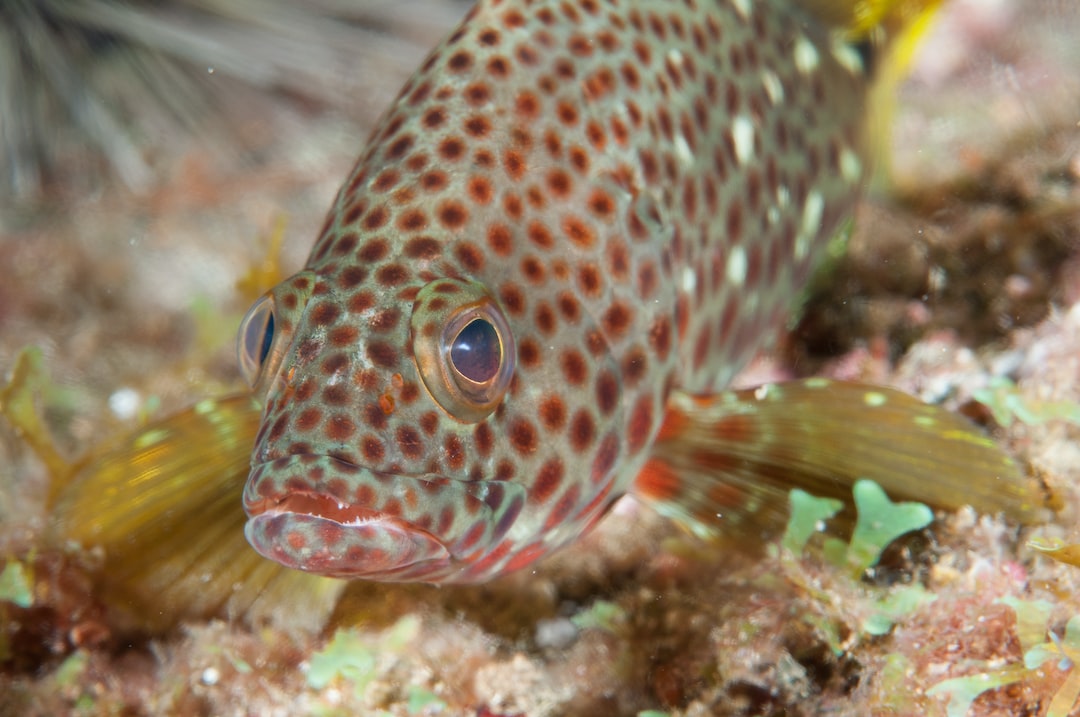Protecting Our Oceans: How Coral Restoration Efforts are Making a Difference
Our oceans are under threat from various factors, including pollution, climate change, and overfishing. These activities have taken a toll on the health of coral reefs, which are among the most diverse ecosystems on Earth. However, there is hope for the future of these precious habitats, thanks to coral restoration efforts that are making a difference.
One of the leading causes of coral reef degradation is the illegal sale of coral, known as “venda de coral marinho.” This destructive practice involves the harvesting and selling of live coral for aquariums, jewelry, and the curio trade. These activities have fueled the decline of coral populations, as well as the destruction of their habitats.
To combat this issue, organizations and governments around the world are implementing coral restoration initiatives. These efforts focus on rebuilding damaged reefs and ensuring their long-term survival. Through a combination of science, community involvement, and policy changes, these projects are making positive strides in protecting our oceans.
Coral restoration begins with the collection of coral fragments, which are then brought to dedicated nurseries. Here, scientists and volunteers carefully tend to the young corals, providing them with the ideal conditions for growth. This includes controlled lighting, temperature, and water quality. Once the corals have reached a stable size, they are carefully transported and attached to damaged reefs.
In addition to direct restoration efforts, public awareness campaigns and educational programs are crucial in addressing the issue of illegal coral trade. By educating people about the importance of coral reefs and the consequences of their destruction, these initiatives aim to reduce the demand for live coral, consequently decreasing the incentive for illegal trade. Furthermore, implementing and enforcing stricter regulations and penalties for those involved in the “venda de coral marinho” will act as a deterrent and help protect the oceans.
The positive impact of coral restoration efforts is becoming increasingly evident. By restoring damaged reefs, these initiatives provide vital habitats for marine life, including countless species of fish and other marine organisms. Healthy reefs also support local communities that depend on them for food, tourism, and coastal protection. Moreover, restored coral reefs act as natural barriers, reducing the impact of waves and storm surges, thus safeguarding coastal communities from the effects of climate change.
While coral restoration efforts have made significant strides in recent years, there is still much work to be done. Continued investment in research, technology, and community involvement is essential to ensure their success. Furthermore, it is crucial for individuals to make conscious choices in their daily lives to reduce pollution and their carbon footprint, which will ultimately benefit the health of our oceans and the sustainability of coral reefs.
In conclusion, protecting our oceans and restoring coral reefs is a collective effort that requires global cooperation. By addressing the issue of illegal coral trade, supporting restoration initiatives, and embracing sustainable practices, we can make a positive difference in the health and future of our oceans. Together, we can ensure the survival of these magnificent ecosystems and the countless species that depend on them for their existence.
************
Want to get more details?
CORALMANIA
https://www.coralmania.com.br/
venda de corais marinhos e produtos online, manutenção de aquário.

